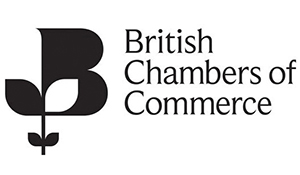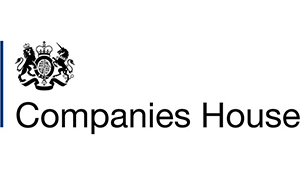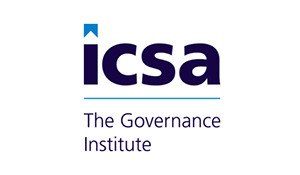A restriction introduced last month did not affect vehicles that were not for sale or those belonging to Belarusian citizens who had valid visas or residence permits in EU countries.
However, in line with the new rules, the vehicle ban will apply to all Belarus-registered cars with certain exceptions, EU Helpers reports.
Following the earlier decision, the Customs Department reported that cars with Belarusian plates currently within the EU, including Lithuania, must exit the EU by January 18, 2025.
The same further noted that until this date, such vehicles may remain in circulation within Lithuania and can still be imported and registered there. After January 18, 2025, Belarusian-registered cars will be prohibited from remaining in Lithuanian territory.
Bans on Belarusian & Russian-Registered Vehicles Are Effective in Some EU Countries, Too
As of September 2023, all EU countries bordering Russia have maintained similar bans on Russian-registered passenger vehicles, beginning with Poland, Finland, Latvia, Lithuania, and Estonia in September and followed by Norway in October.
Moreover, on June 26, 2024, EU ambassadors agreed to reinforce sanctions against Belarus to prevent any evasion of these restrictions by Russia and Belarus.
Following Latvia and Lithuania’s actions, Estonia also banned cars with Belarusian license plates, regardless of the owner or driver’s reason for being in Estonia or the EU.
Lithuania began enforcing restrictions against Minsk in response to the 2020 Belarusian presidential “elections,” which it refused to recognise. These measures were also prompted by the violent actions of the Belarusian security forces during the protests and the repressive policies of the Minsk regime.
Taking into account the war between Russia and Ukraine, from which Belarusian territory was exploited, Lithuania intensified its sanctions against the Belarusian government. Since the beginning of the Russian occupation, Lithuania has been a staunch supporter of Ukraine and implemented comprehensive international sanctions targeting Moscow and Minsk.








